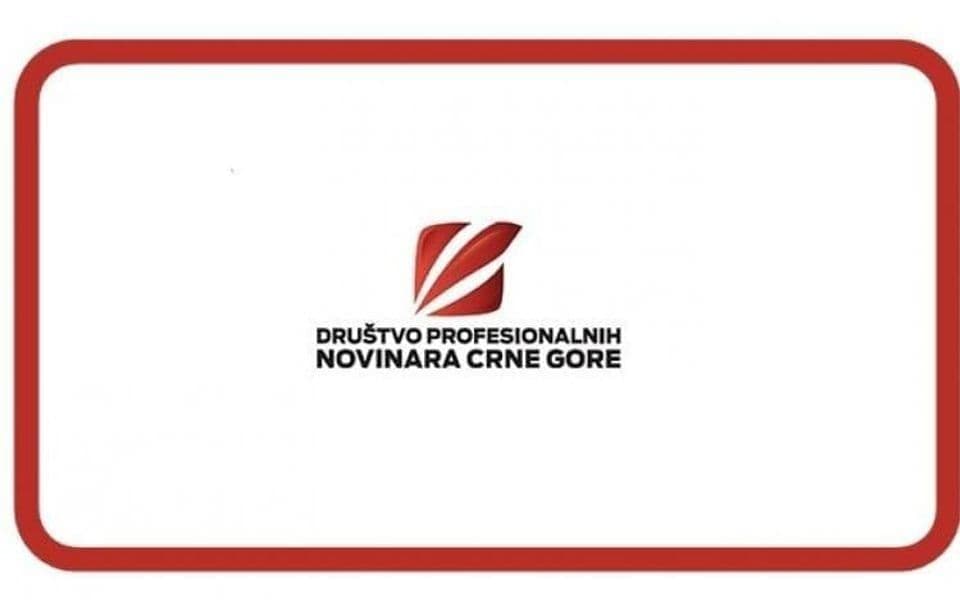Lifestyle
Court Decision Raises Concerns Over Press Freedom in Montenegro

A recent ruling by the Court for Misdemeanors in Bijelo Polje, Montenegro, has sparked significant concern regarding press freedom. The court upheld the actions of Sakib Cindrak, who obstructed journalist Alisa Hajdarpasic while she attempted to document police activity related to the arrest of former intelligence official Zoran Lazovic. The decision has been condemned by the Society of Professional Journalists of Montenegro (DPNCG) as a dangerous precedent for media rights.
In her ruling, Judge Andrijana Bulatovic stated that Cindrak’s interference was a “legitimate reaction” to what she termed unauthorized filming on private property. She dismissed evidence of Hajdarpasic being pushed and told to stop recording as not constituting a violation of public order or an assault. The judge asserted, “The act of touching the phone cannot be classified as an attack on the life and body of the affected party.”
This ruling has raised alarms among media professionals. According to the DPNCG, the decision indicates a lack of understanding of the European Court of Human Rights standards, the nuances of the journalism profession, and the public interest involved in reporting on high-ranking officials in the security sector. The DPNCG emphasized that preventing journalists from reporting on matters of public concern threatens the foundational principles of democratic societies.
The situation escalated when Cindrak, along with others, allegedly surrounded and verbally abused Hajdarpasic, creating fear and distress during the police operation in the village of Orahovica. The DPNCG has criticized the lack of criminal prosecution against Cindrak and his associates, arguing that such actions undermine the safety of journalists. They stated, “If they do not understand that preventing reporting on a suspect in a high-ranking security position is a matter of public interest, they do not comprehend their roles.”
One of the key issues highlighted by the DPNCG is that the court’s ruling sets a worrying precedent. They argue that it could enable anyone to interfere with journalists while they are performing their duties. “The media is a pillar of democracy, and the public has the right to know,” the organization stated. “Such decisions by the prosecutor’s office and the Court for Misdemeanors create a practice where anyone can take a journalist’s phone or camera and prevent them from reporting.”
Hajdarpasic plans to appeal the court’s decision, which she believes poses a risk not only to her but to all media professionals in Montenegro. The DPNCG supports her intention to challenge the ruling and urges higher authorities to reconsider the implications of such decisions.
The implications of this case extend beyond individual rights; they touch upon the broader issue of press freedom and the role of the media in holding power to account. The DPNCG’s reaction underscores the vital need for legal protections for journalists in Montenegro, particularly as they navigate the challenges posed by both political and social pressures.
As this case develops, it will likely serve as a pivotal moment for the future of journalism in the country and may prompt a reevaluation of the legal framework surrounding media freedom and rights in Montenegro.
-

 Health3 months ago
Health3 months agoNeurologist Warns Excessive Use of Supplements Can Harm Brain
-

 Health3 months ago
Health3 months agoFiona Phillips’ Husband Shares Heartfelt Update on Her Alzheimer’s Journey
-

 Science2 months ago
Science2 months agoBrian Cox Addresses Claims of Alien Probe in 3I/ATLAS Discovery
-

 Science2 months ago
Science2 months agoNASA Investigates Unusual Comet 3I/ATLAS; New Findings Emerge
-

 Science1 month ago
Science1 month agoScientists Examine 3I/ATLAS: Alien Artifact or Cosmic Oddity?
-

 Entertainment5 months ago
Entertainment5 months agoKerry Katona Discusses Future Baby Plans and Brian McFadden’s Wedding
-

 Science1 month ago
Science1 month agoNASA Investigates Speedy Object 3I/ATLAS, Sparking Speculation
-

 Entertainment4 months ago
Entertainment4 months agoEmmerdale Faces Tension as Dylan and April’s Lives Hang in the Balance
-

 World3 months ago
World3 months agoCole Palmer’s Cryptic Message to Kobbie Mainoo Following Loan Talks
-

 Science1 month ago
Science1 month agoNASA Scientists Explore Origins of 3I/ATLAS, a Fast-Moving Visitor
-

 Entertainment2 months ago
Entertainment2 months agoLewis Cope Addresses Accusations of Dance Training Advantage
-

 Entertainment4 months ago
Entertainment4 months agoMajor Cast Changes at Coronation Street: Exits and Returns in 2025









